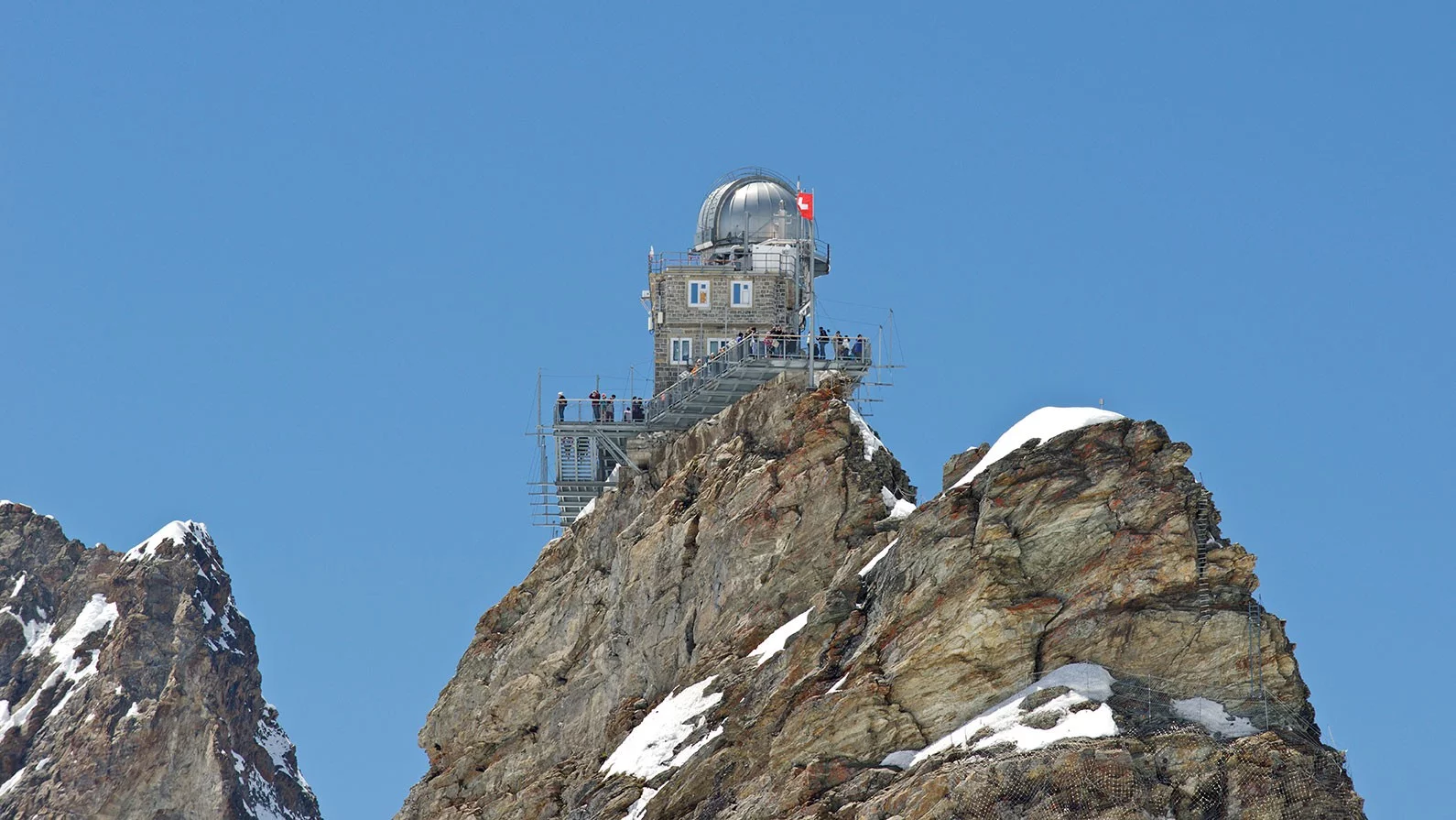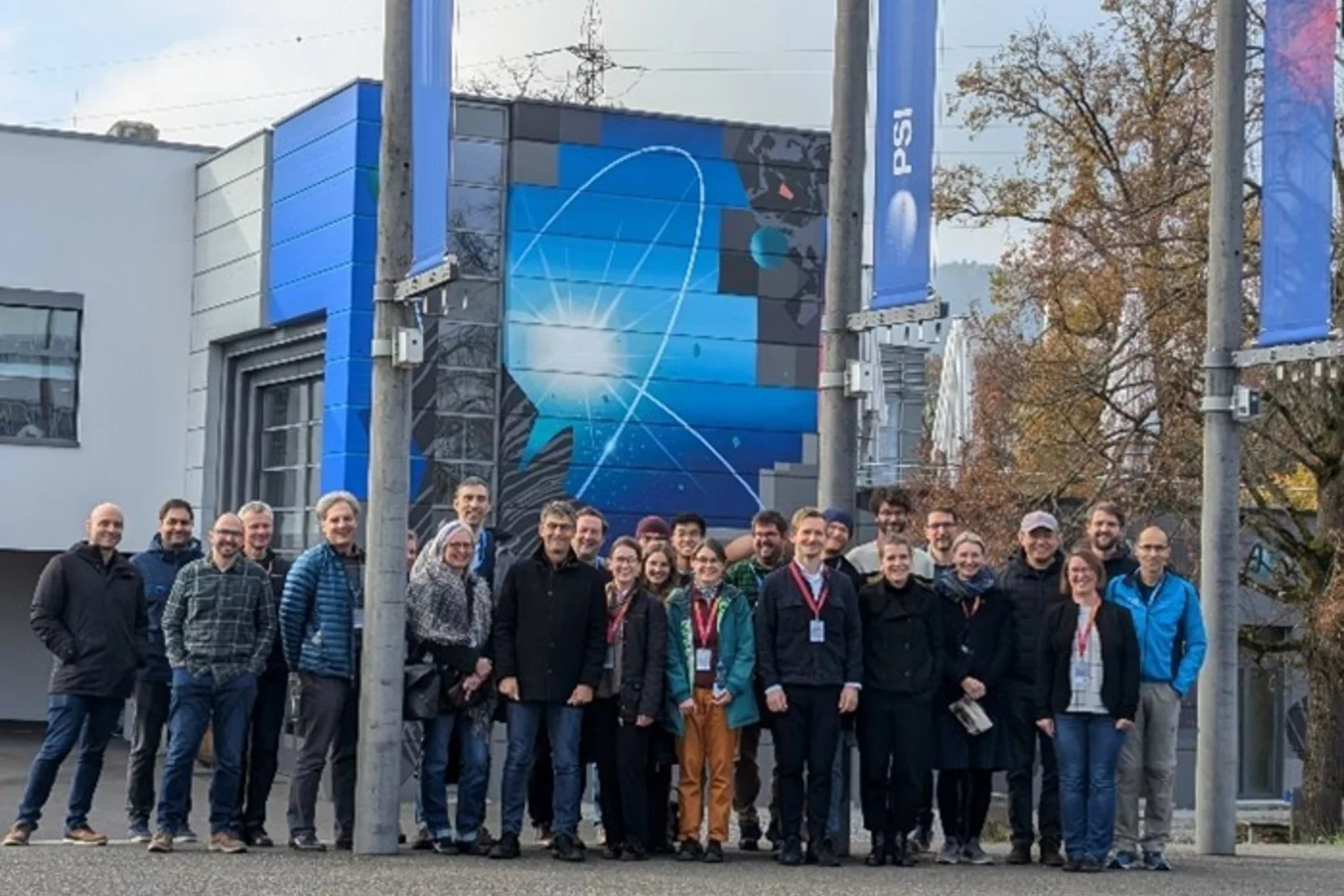The PSI Laboratory of Atmospheric Chemistry studies gases and aerosols in the atmosphere, affected by energy systems and impacting air quality, weather, climate change and human health.
Lab News & Scientific Highlights
Study reveals: Smoke from crop residue burning worsens air pollution in Indian cities
Identifying the main source of air pollution in Indian cities is crucial to reducing the many deaths caused by fine particulate matter (PM₂.₅) – deaths that during the harvest season can account for up to half of all air pollution-related fatalities. An international research team lead by the Paul Scherrer Institute (PSI), funded by the Swiss Agency for Development and Cooperation (SDC) has investigated in detail the sources of the organic components of fine particulate matter in the northern Indian cities of Delhi and Kanpur, located in the Indo-Gangetic Plain. Using novel high-resolution molecular measurement techniques and advanced data analysis, the researchers were able to precisely identify and quantify the sources of organic fine particulate matter.
Pollutants often originate in the air
In the CLOUD experiment at CERN, PSI researchers have measured with unprecedented precision how harmful organic air pollutants are formed and dispersed.
Preparing the Future of PSI Large Facilities in Atmospheric Research
The Multiphase Chemistry Group in the Laboratory of Atmospheric Chemistry (LAC) looks back to a nearly 20 years record of activities with in situ X-ray photoelectron spectroscopy (XPS) and in situ scanning transmission X-ray spectromicroscopy (STXM) to address key fundamental questions in atmospheric chemistry. This is the time to consider new horizons, align with current and future needs in atmospheric sciences, and to identify novel opportunities driven by upcoming trends in methods, technologies and facilities. This has been the topic of the Workshop ‘X-ray and Neutron Spectroscopy, Scattering and Imaging in Atmospheric Chemistry’, held at PSI 13 – 15 November 2024.
Getting to the roots of a global health problem
Imad El Haddad analyses the chemical composition and health impacts of particulate matter at the Center for Energy and Environmental Sciences of the Paul Scherrer Institute PSI.
Publications
-
Gude F, Bohne A, Dell M, Franke J, Dunbar KL, Groll M, et al.
Distal peptide elongation by a protease-like ligase and two distinct carrier proteins
Chem. 2026; 12(1): 102740 (14 pp.). https://doi.org/10.1016/j.chempr.2025.102740
DORA PSI -
A. A, Kalal S, Saravanan K, Ojha S, Stahn J, Gupta M
Study of structural and magnetic properties of Pd-doped Co4N thin films
Journal of Superconductivity and Novel Magnetism. 2025; 38(1): 17 (7 pp.). https://doi.org/10.1007/s10948-024-06880-w
DORA PSI -
Aastrup Jørgensen J
Tuning expression of GPCRs for the secretory pathway in the baculovirus-insect cell expression system
Biochimica et Biophysica Acta: Biomembranes. 2025; 1867(2): 184397 (10 pp.). https://doi.org/10.1016/j.bbamem.2024.184397
DORA PSI






